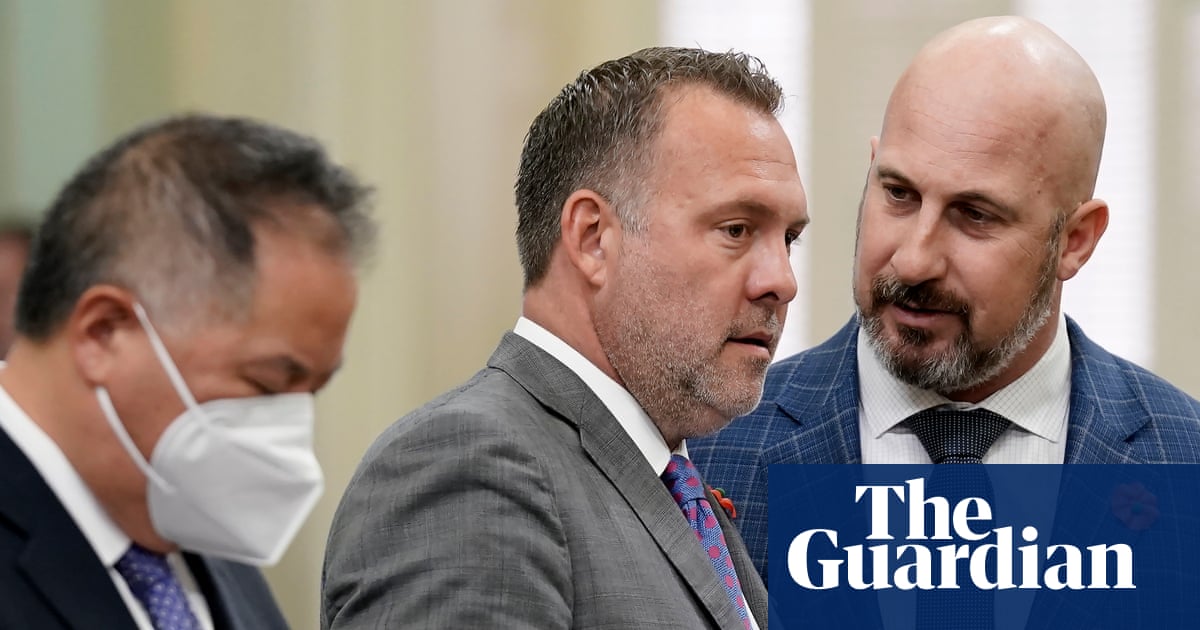Local elected officials in the US faced escalating insults and harassment in the immediate lead-up to the 2024 election, with women and minorities experiencing disproportionately high levels of hostility, according to new research.
The latest survey from from Princeton University’s Bridging Divides Initiative (BDI) and governance non-profit CivicPulse found that 53% of local elected officials reported receiving insults and 39% reported harassment between July and October, marking a significant increase from the previous quarter.
The findings were based on responses from more than 400 local elected officials and 200 school board members. They paint a concerning picture of the pressures facing local democracy, particularly for officials from underrepresented groups, but also speak to the ameliorating effects of preparations led by BDI and other civil society groups.
However, despite the elevated levels of threats, the elections ran smoothly in almost every part of the country.
Female officials reported experiencing insults at significantly higher rates than their male counterparts (60% v 45%), while racial and ethnic minority officials were three times more likely to face physical attacks compared to non-minority peers.
“While survey results for the fourth quarter of 2024 covering the election period will be released in early 2025, the latest findings confirm that local officials faced a heightened climate of hostility through the pre-election period,” said Sam Jones, communications manager at the Bridging Divides Initiative.
The research reveals a particularly stark impact on women of color in local government. These officials reported experiencing insults at notably higher rates (61%) compared to other officials (50%), with similar disparities across all categories of hostile behavior.
The climate of hostility may be having a chilling effect on political participation, according to the survey.
Half of women officials reported being less willing to run for re-election or work on controversial topics due to concerns about harassment. Similarly, 41% of minority officials reported decreased willingness to be in public spaces when not working, compared to 30% of their non-minority counterparts.
The partisan dimension of harassment also emerged as significant, albeit complex. While Democrats reported experiencing higher rates of insults and harassment compared to Republicans, threats and physical attacks were reported at high levels across party lines.
Social media emerged as a particular point of vulnerability, with 54% of officials reporting decreased willingness to engage on these platforms due to hostility. This reluctance was especially pronounced among female officials, with 68% reporting reduced social media engagement compared to 50% of men.
Despite a spike in concerns following a shooting at a Trump campaign rally earlier in the year, overall worry about hostility decreased slightly in the third quarter. However, the researchers note that baseline levels of concern remained high, with 37% of officials worried about harassment and 26% concerned about threats.
“These persistent high levels of threats and harassment demonstrate that community efforts to protect civic space, as well as further research to understand and respond to these risks, will remain imperative in the post-election period, particularly for women and minority officials,” Jones said.
The findings come from the ninth wave of an ongoing study launched in 2022 that has now surveyed more than 4,100 local officials. The research is conducted jointly by Princeton’s Bridging Divides Initiative and CivicPulse, a non-partisan research organization focused on local governance.
The survey included responses from officials across the political spectrum, with 39% identifying as Republican, 34% as Democrat, and 21% as independent, with the remainder affiliated with other parties.

 German (DE)
German (DE)  English (US)
English (US)  Spanish (ES)
Spanish (ES)  French (FR)
French (FR)  Hindi (IN)
Hindi (IN)  Italian (IT)
Italian (IT)  Russian (RU)
Russian (RU)  13 hours ago
13 hours ago
























Comments